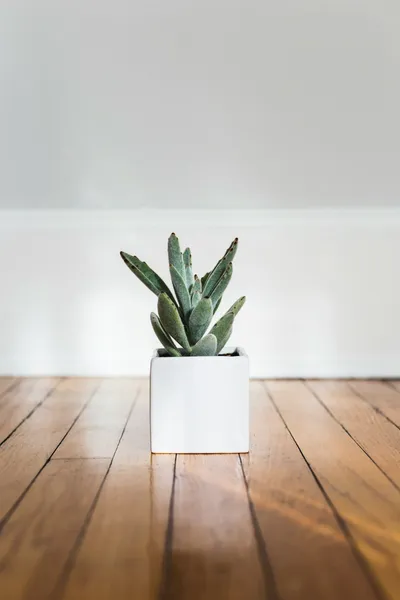Introduction to Floating Shelves
Floating shelves are a popular choice for modern homes, offering a sleek way to display decor without visible brackets or supports. Whether you're looking to add storage in your living room, kitchen, or bedroom, DIY floating shelves can be tailored to match your personal style.
Materials and Tools You'll Need
Before you get started, make sure you have all the required materials and tools. Here’s what you’ll need:
- Lumber or pre-cut shelf panels
- Wall anchors and screws
- Level
- Drill and drill bits
- Stud finder
- Sandpaper or electric sander
- Wood stain or paint (optional)
- Paintbrush or roller (if you choose to paint/stain)
Step-by-Step Guide to Build DIY Floating Shelves
Step 1: Planning and Measuring
Decide where you want to place your shelves and use a level to mark where they'll go. Use a stud finder to locate the studs; shelves should be anchored into studs for maximum stability.
Step 2: Cutting and Sanding
Cut your lumber to the desired length using a saw. If you don’t have access to a saw, many home improvement stores offer cutting services. Sand the pieces to create a smooth finish, prepping them for paint or stain.
Step 3: Finishing the Wood
If you choose to paint or stain your shelves, now is the time. Apply thin, even coats, and let each layer dry thoroughly before applying the next. This helps to achieve a professional-looking finish.
Step 4: Mounting the Brackets
Using your previous markings, drill pilot holes into the studs and install your shelf brackets. Make sure they are level before fully securing them.
Step 5: Installing the Shelves
Once the brackets are secure, place your shelf panels on top, ensuring they are centered and balanced. Secure the panels with screws from underneath to prevent them from moving.
Styling Your Floating Shelves
Now that your shelves are up, it’s time to style them! Consider a mix of books, small plants, and decorative items to create a visually appealing arrangement. Balance is key; avoid overcrowding to maintain the minimalist appeal that floating shelves offer.
Conclusion
DIY floating shelves are a versatile solution to enhance any room’s aesthetics. With a little effort, you can create functional, beautiful storage that elevates your home’s style. Remember to always adhere to safety practices while working on DIY projects, and don’t hesitate to reach out to professional help if needed.
Popular Interior and Exterior Design Ideas
Check out our readers' favorite design ideas for both interior and exterior spaces. Explore top articles on transforming your home.

Using Fake Indoor Plants Could Be the Best Thing You Ever Tried

The Modern Elegance of Art Deco in Today's Interiors

Maximizing Curb Appeal with Stunning Front Yard Landscaping

